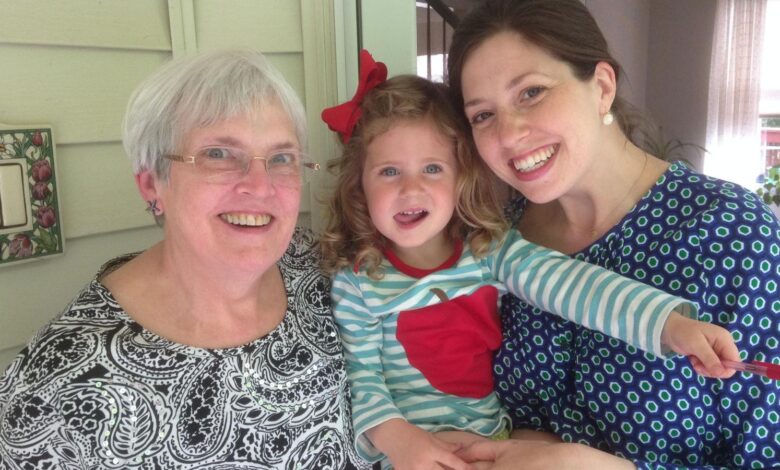Sandwich Generation Burnout Is A Real Threat. Here’s How To Prevent It

The sandwich generation is a unique group of individuals in their 40s and 50s who find themselves caring for both aging parents and children simultaneously. This invisible middle is where caregivers hold together three generations of care, often feeling overwhelmed and isolated in their responsibilities.
Research shows that roughly 23% of U.S. adults are part of the sandwich generation, juggling the needs of aging parents, children, and sometimes even spouses or siblings. This multidirectional caregiving can take a toll on the caregivers themselves, who are typically between the ages of 40 and 59. This is also the phase of life when many individuals first confront serious health issues, yet they often prioritize the well-being of their loved ones over their own.
Caregivers often neglect their own healthcare needs while focusing on those they care for, leading to delayed diagnoses and unmanaged conditions. Women, in particular, bear a heavier burden as primary caregivers, with more than 60% of caregivers in the U.S. being female. Women in their 40s and 50s may also be navigating perimenopause and menopause, adding another layer of complexity to their health.
The demands of caregiving can be overwhelming, both emotionally and financially. According to a New York Life Wealth Watch survey, nearly half of sandwich-generation adults say caregiving expenses have prevented them from meeting essential household costs in the past year. This financial strain, coupled with the time and energy required for caregiving, can lead to a silent crisis in caregiver health.
Transitions are often the breaking point for caregivers, whether it’s a parent moving to assisted living, a child leaving for college, or a spouse seeking rehabilitation. These moments of change can happen suddenly, leaving caregivers scrambling to navigate new healthcare needs and support systems.
To make caregiving more manageable, experts recommend starting early and putting a plan in place before a crisis occurs. It’s essential to communicate with your loved ones about their wishes for care, delegate tasks to siblings or hired support, and set boundaries to protect your own well-being. Bringing in outside help, such as a professional caregiver, can also lighten the load and provide much-needed support for the entire family.
In conclusion, caregiving is a demanding job that many individuals find themselves thrust into without warning. By prioritizing self-care, setting boundaries, and seeking outside support when needed, caregivers in the sandwich generation can navigate their responsibilities more effectively and protect their own health and well-being in the process.





